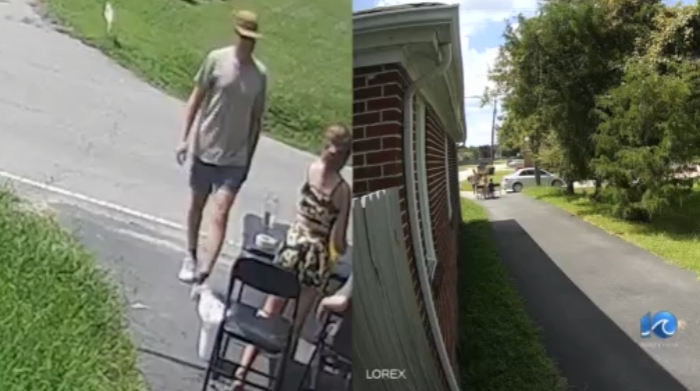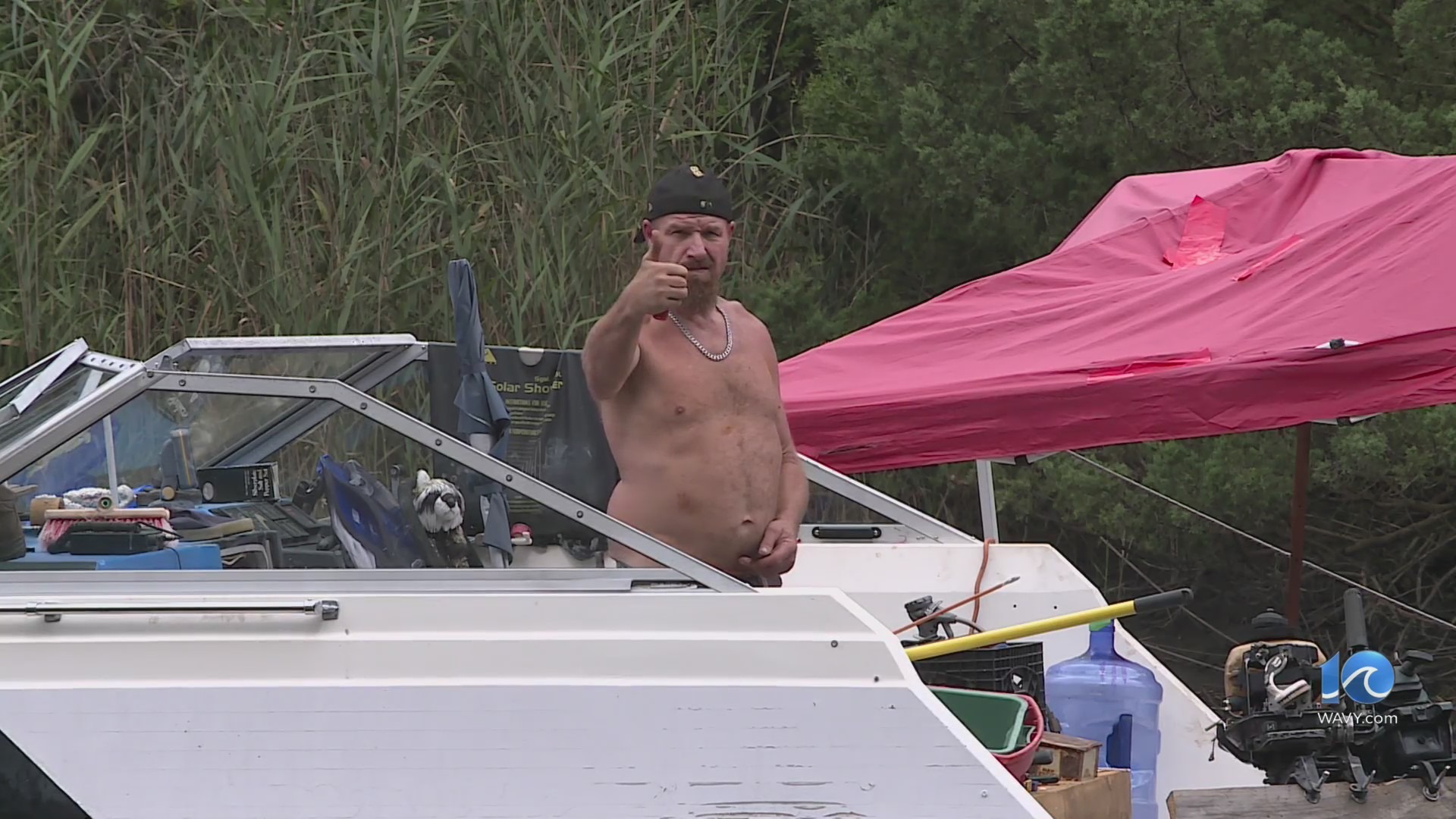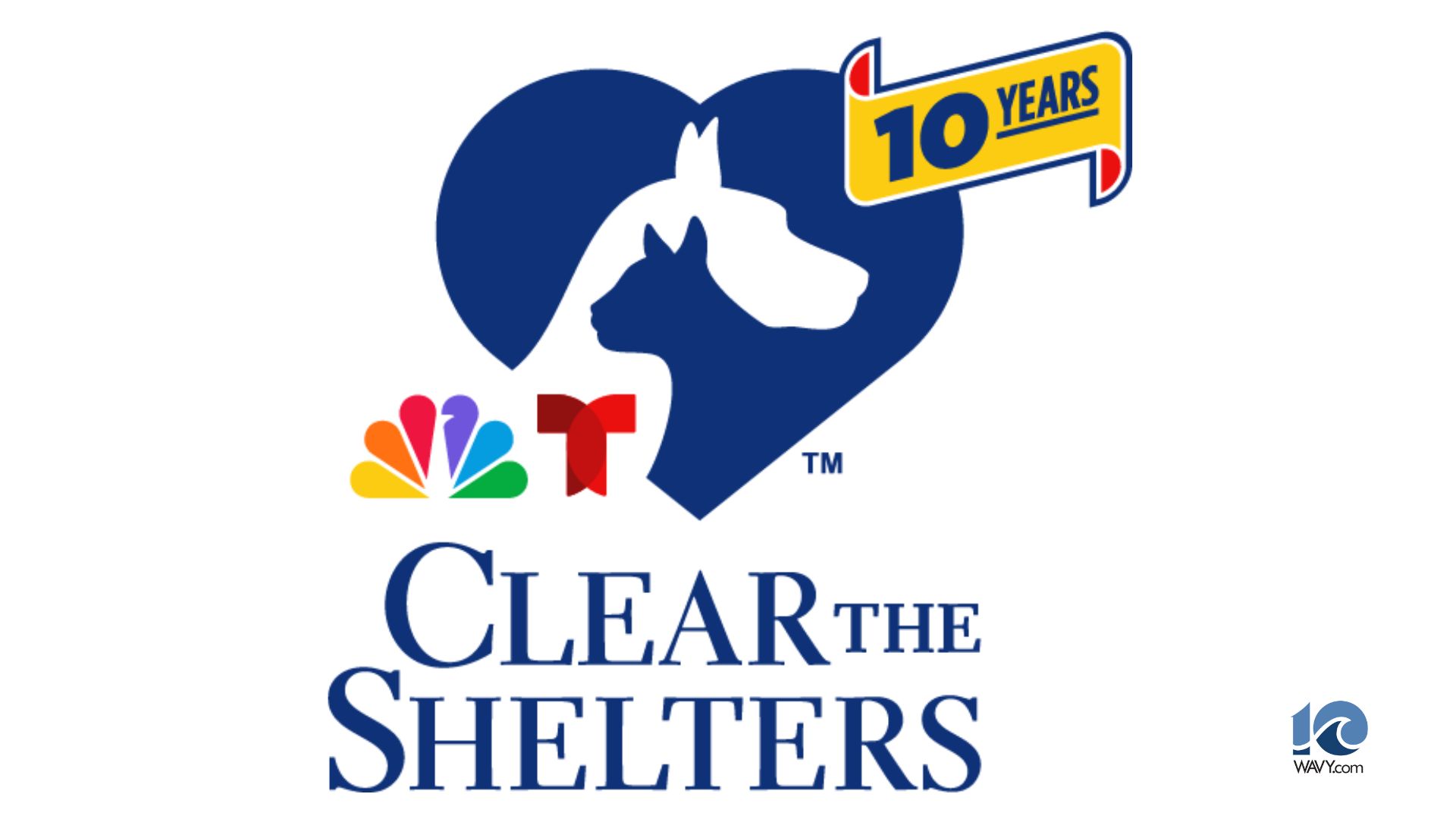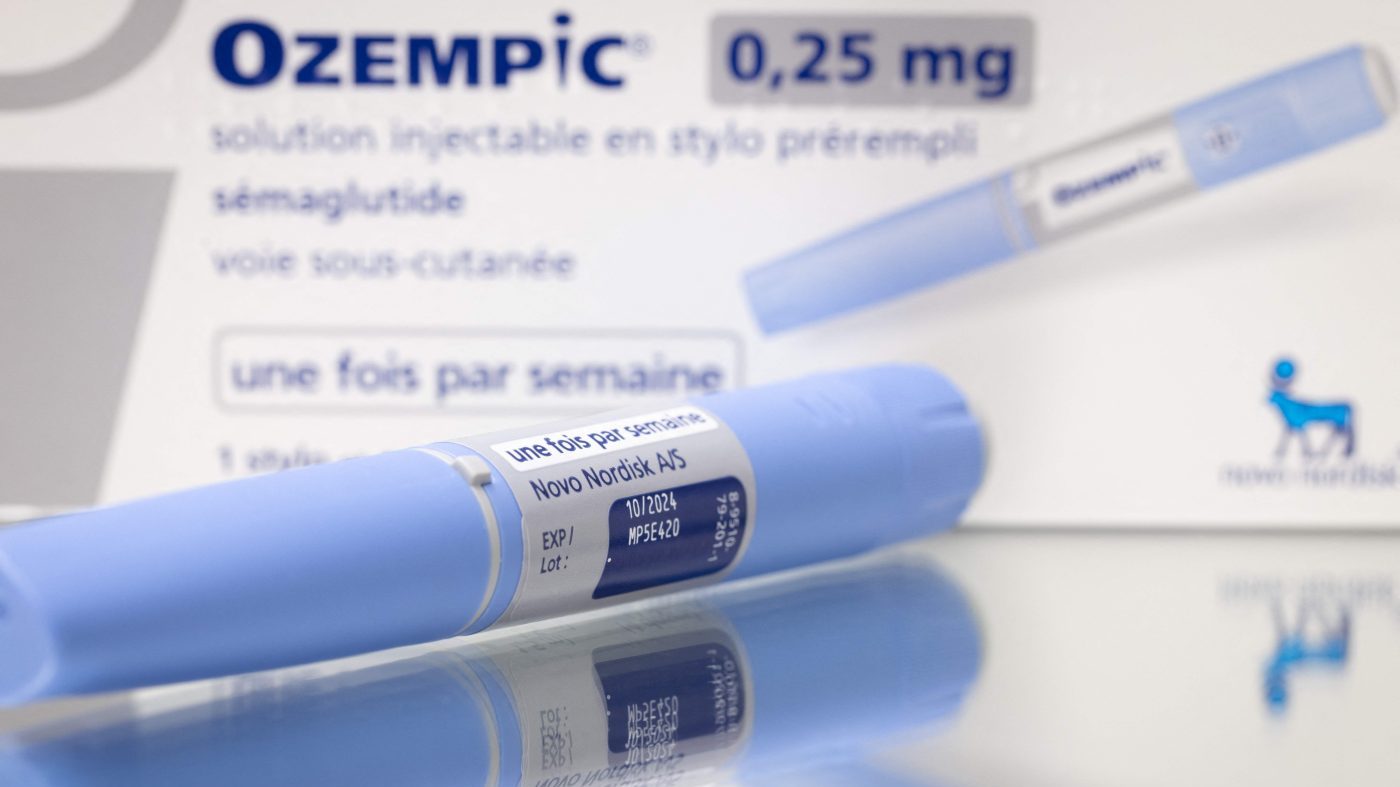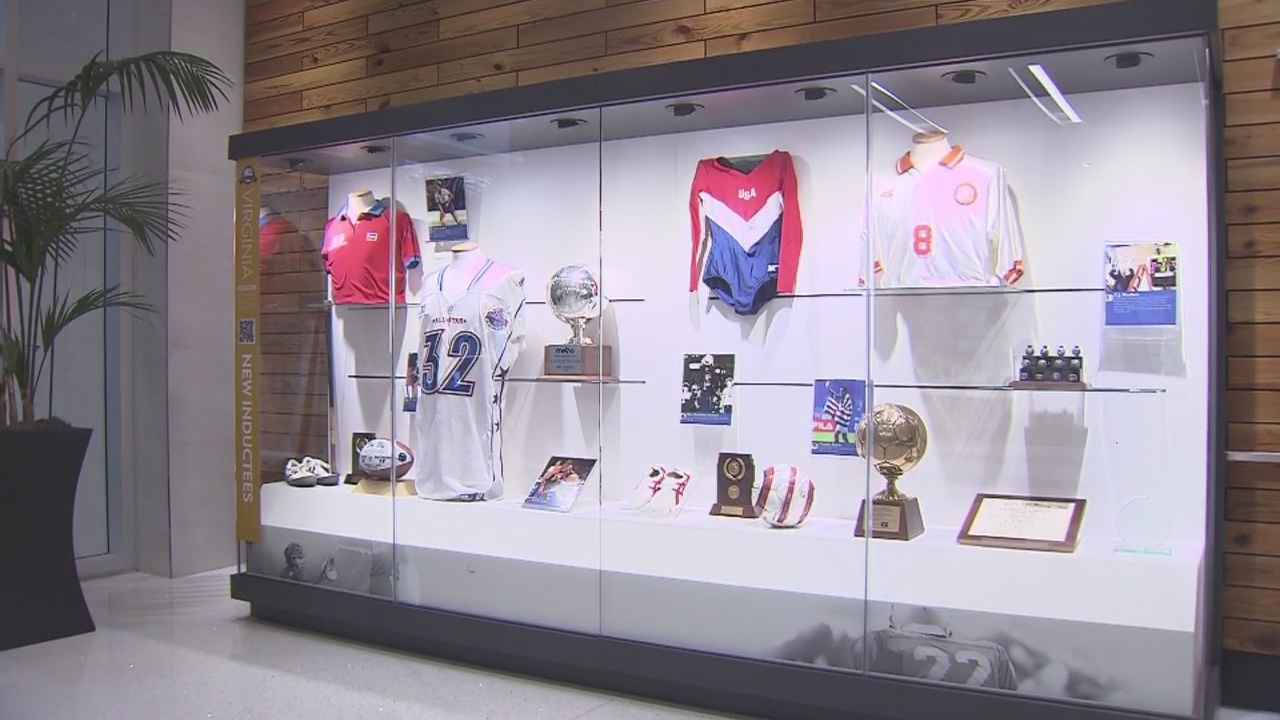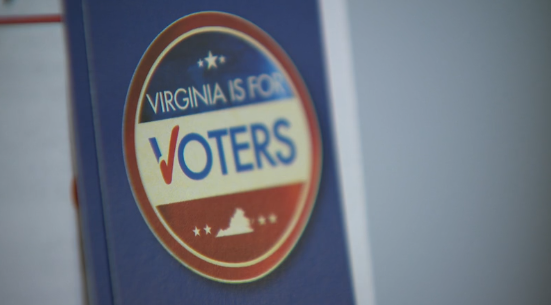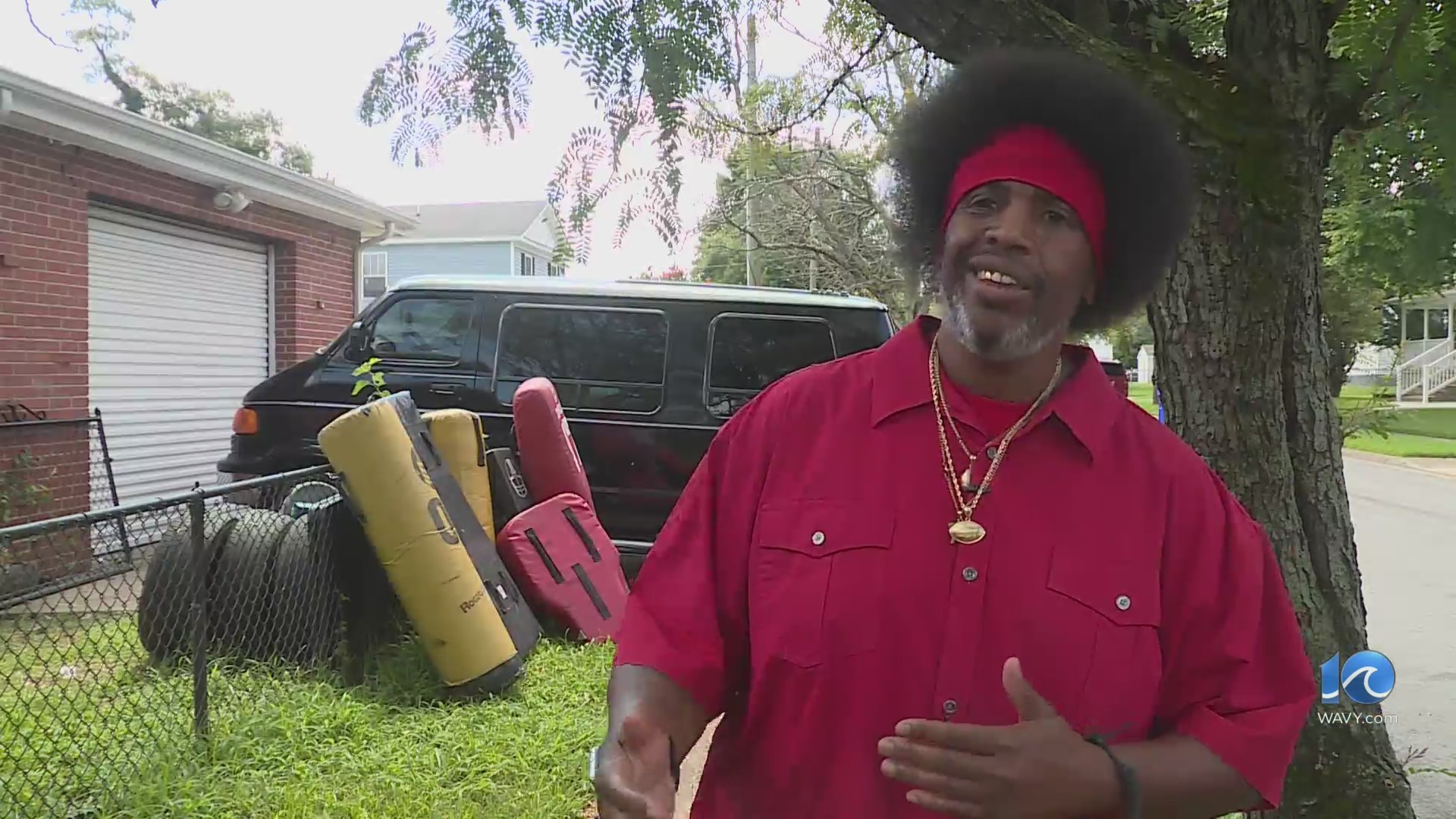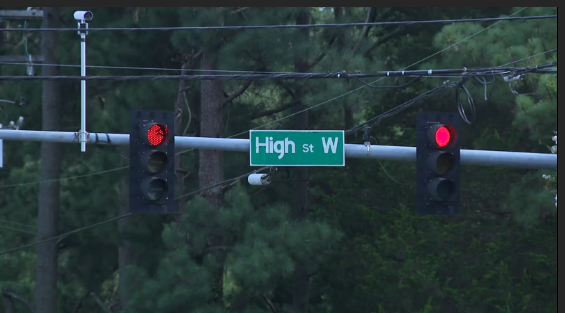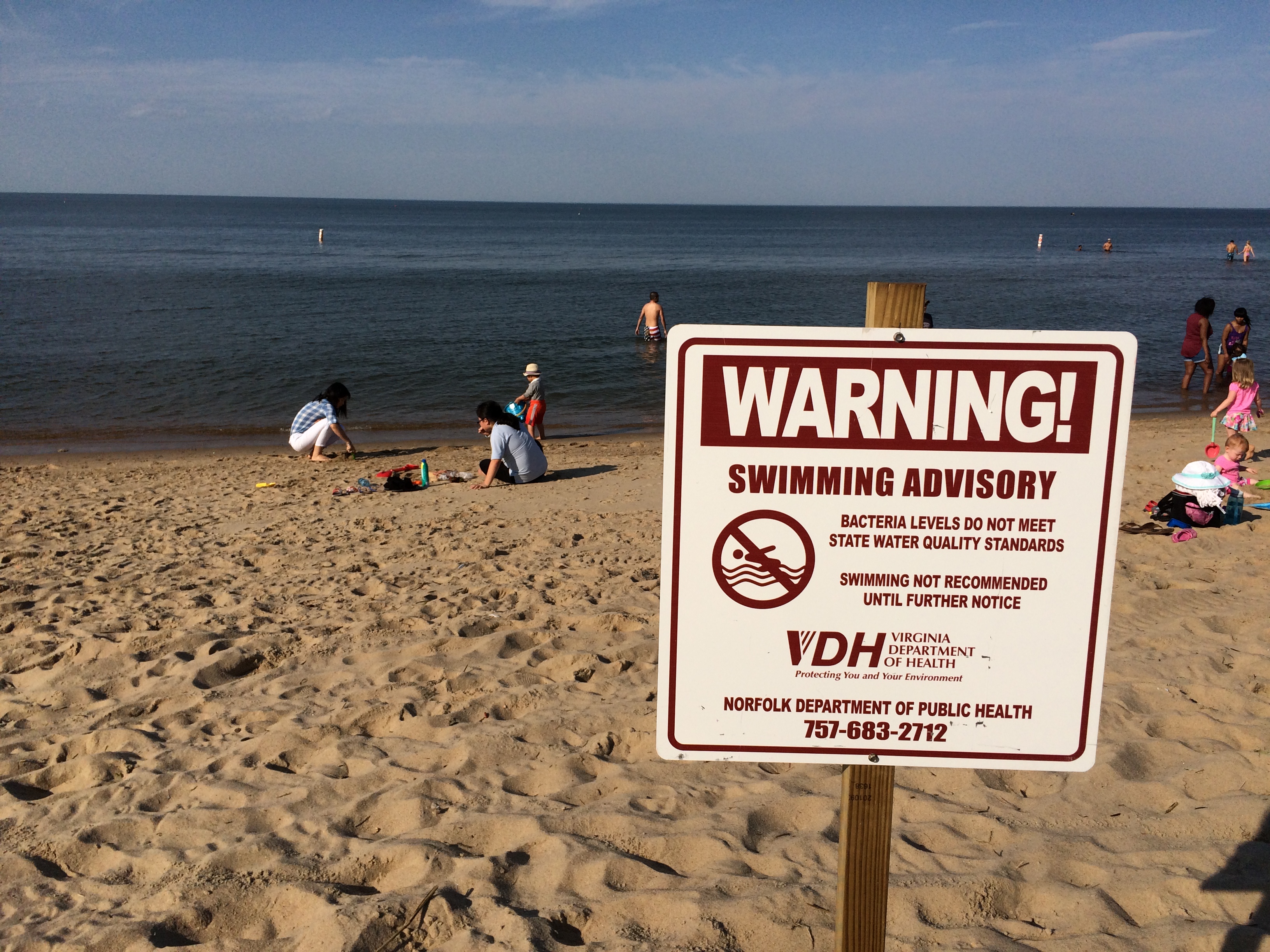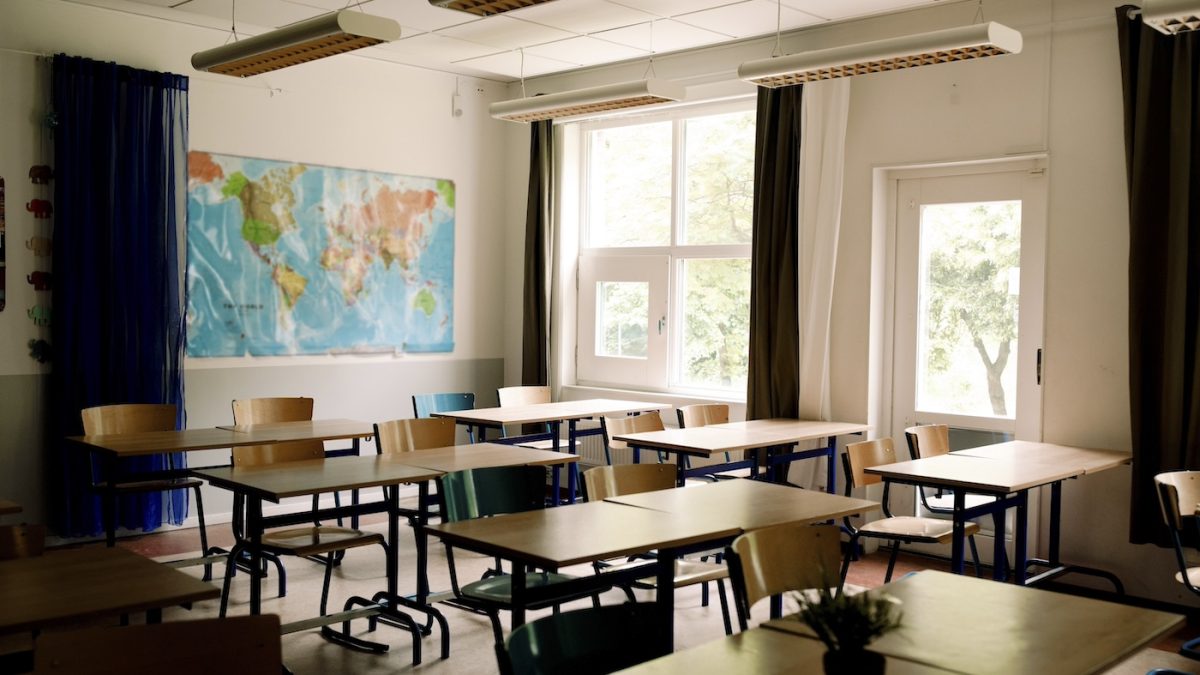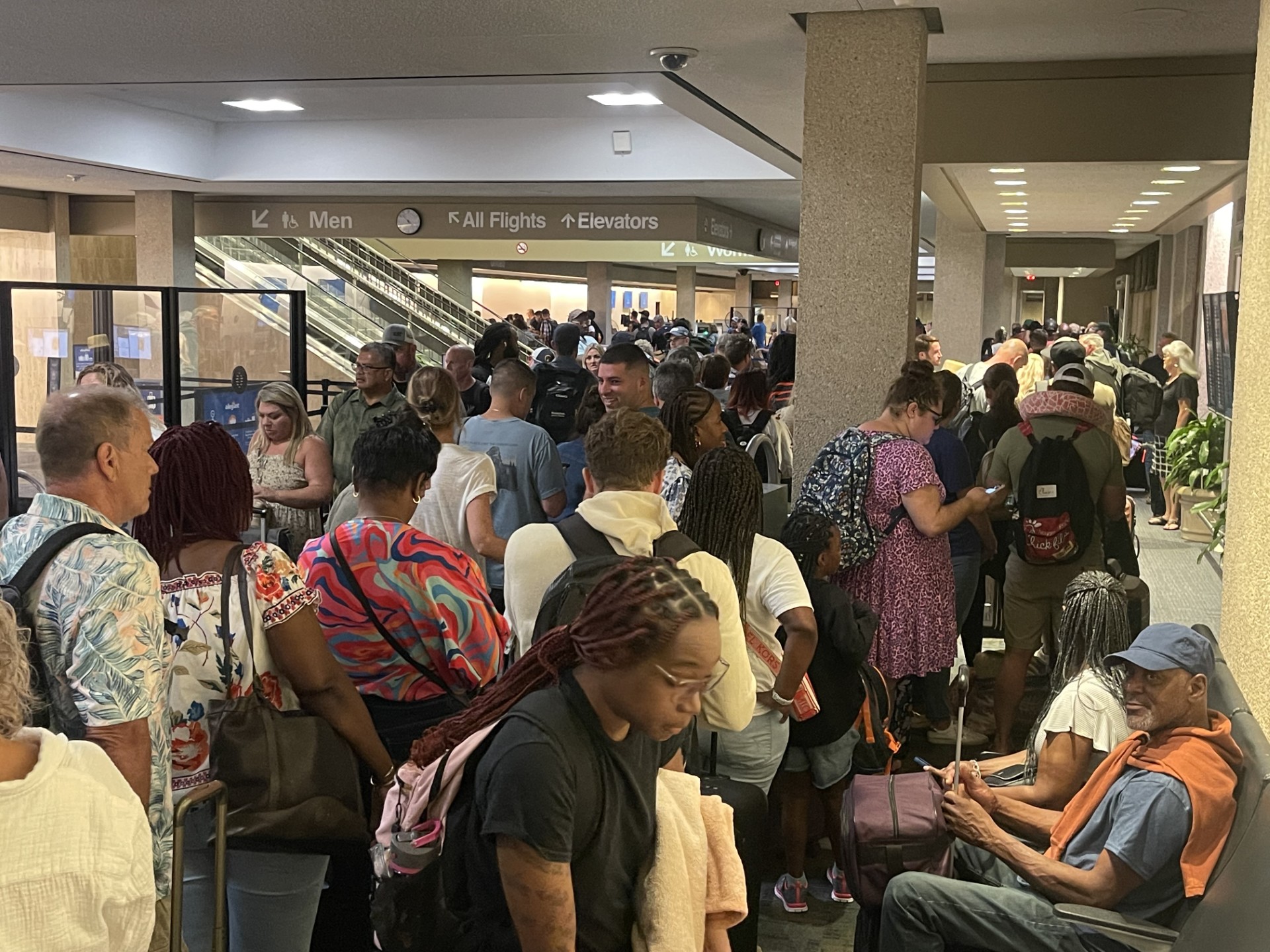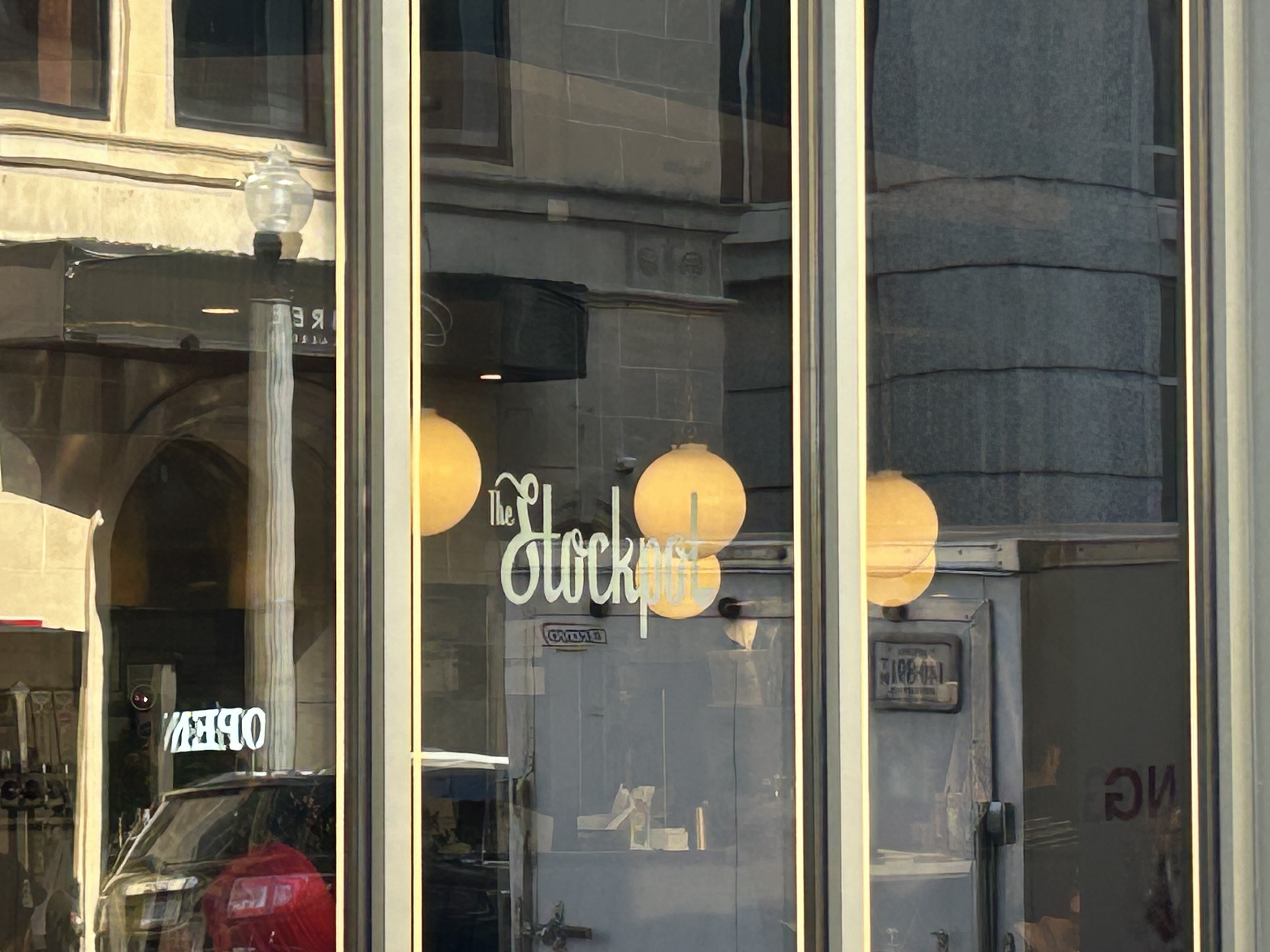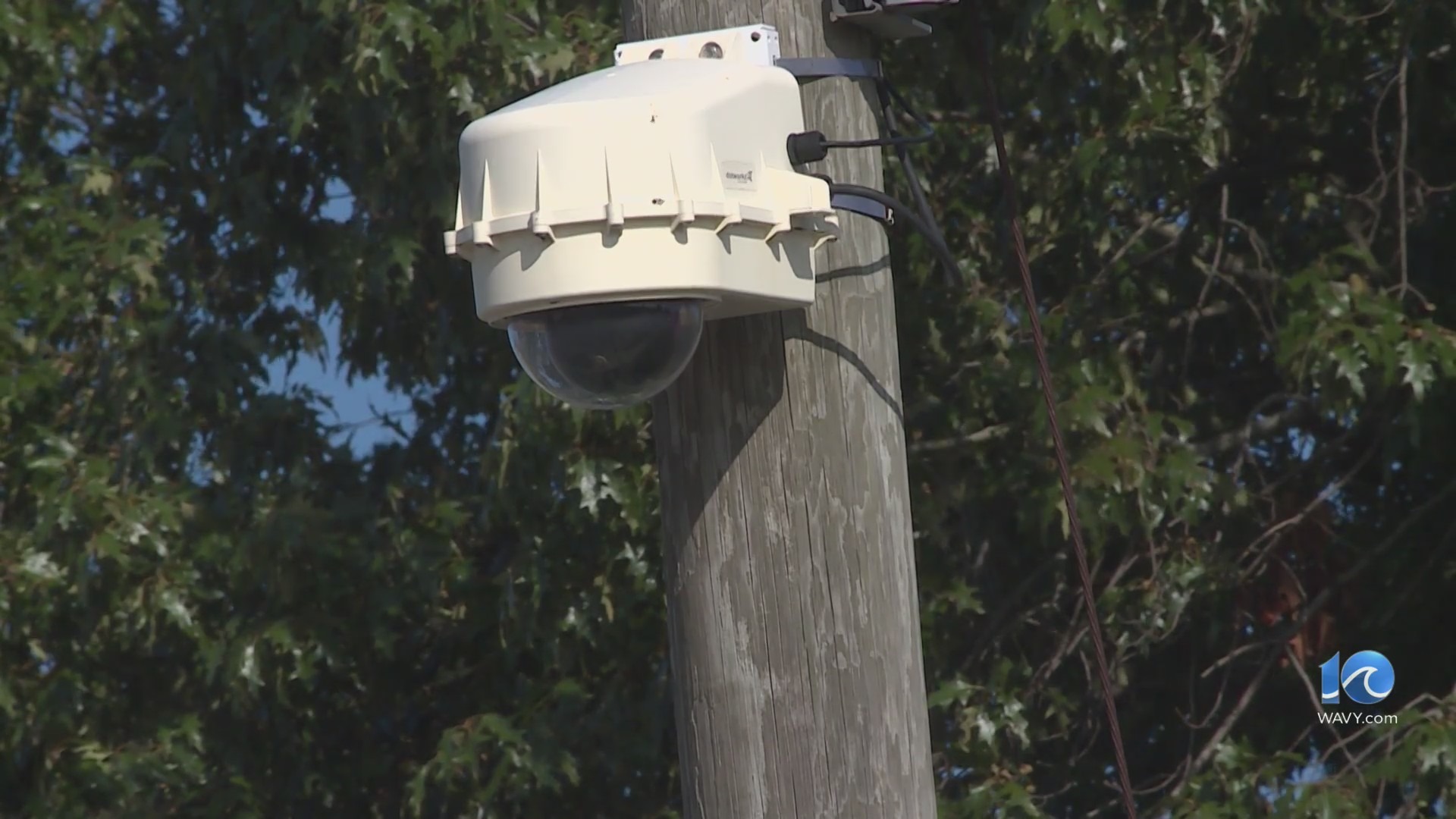RICHMOND, Va. (WRIC/WAVY) – Virginia lawmakers passed a budget bill that gives teachers and state employees pay raises, funds public schools and mental health programs and sends one-time rebate checks to taxpayers.
The Virginia House of Delegates and state Senate approved changes to the state’s spending plan until the end of next June, a deal that also includes funding to increase state prison oversight and address K-12 learning loss.
Budget negotiators reached a deal after months of talks, which stalled over partisan divisions on Youngkin’s tax reduction proposals and as lawmakers ran in June state primaries. The delay didn’t concern negotiators, who stressed a budget was in place until the end of the fiscal year.
The votes to approve the deal during Wednesday’s one-day special session were expected, as lawmakers stressed the need to pass the long-delayed budget bill before the final votes were tallied.
The budget bill will now head to the desk of Republican Gov. Glenn Youngkin, who applauded the compromise as a “collaborative effort” to support the legislature’s shared priorities.
“While the process took longer than needed, more than $1 billion in tax relief is on the way to Virginia veterans, working families and businesses,” Youngkin said in a statement.
Democrats and Republicans framed the budget compromise as a “win” for all Virginians — but also victories that their side of the aisle could celebrate.
House Minority Leader Don Scott (D-Portsmouth) said the deal gives back to “hardworking Virginians” and children. Del. Scott took aim at Gov. Youngkin’s proposal for a corporate tax cut — which did not make the final deal — as a GOP effort to prioritize “big corporations.”
State Sen. Steve Newman (R-Bedford) said the budget deal was “as fiscally responsible” as any bill he’s seen, pointing out that the one-time tax reduction provisions were “substantial” and the best path forward with Virginia’s economic outlook still unknown.
Some of Gov. Youngkin’s recurring tax proposals made it into the final deal, Sen. Newman noted, including the increase of Virginia’s standard deduction for the 2024 and 2025 tax years.
The budget deal also revives Virginia’s “sales tax holiday,” which didn’t take place during its usual time after lawmakers forgot to include the provision in the previously passed budget plan, and sets aside money to help plan the potential pursuit of a professional sports team.
Here are a few key takeaways from the budget bill:
Pay raises
The approved budget sets aside nearly $55 million for the state’s share of a 2% salary increase for teachers – effective Jan. 1, 2024 – adding to the 5% hike for the 2023 and 2024 fiscal years approved when the initial two-year budget plan was passed. School districts must match the 2% increase to access the funds for the raises.
It also includes $115 million for 2% pay raises for state employees, including university workers, adjunct faculty, teaching assistants, state-supported local employees and Standards of Quality funded positions.
This also adds up to a 7% salary increase for these positions in the 2024 fiscal year, with raises taking effect for state employees on Dec. 10 (Jan. 1, 2024, paycheck), Dec. 1 for state-supported local positions and funding for SOQ positions effective Jan. 1, 2024.
Tax cuts
Most of the nearly $1.05 billion in tax reductions in the budget deal ($906 million) will come from one-time tax rebate checks — $200 for individuals and $400 for joint filers.
Del. Barry Knight (R-Virginia Beach), the chairman of Virginia’s House Appropriations Committee, said Wednesday that Virginians can expect to see the rebate checks in the mail this fall.
Virginia’s standard deduction – a flat amount that filers who don’t itemize their deductions can use to reduce their taxable income – will increase in the 2024 and 2025 tax years under the budget deal from $8,000 to $8,500 for individuals and from $16,000 to $17,000 for joint filers.
Public education
Virginia’s budget deal has $645 million in aid for public education, including more than $418 million for flexible one-time payments available through the 2026 fiscal year.
School districts are encouraged to use the funding on efforts to combat learning loss and help implement the Virginia Literacy Act. The final deal also includes $20 million “for targeted flexible grants to support school security” in Virginia’s public schools.
Behavioral health
While lawmakers sparred over how much in tax cuts to include in the deal, more funding for key programs such as addressing the state’s behavioral health system was a key issue for Democrats and Republicans.
The budget bill sets aside $155 million in new spending for mental health services, including $58 million to establish crisis receiving centers and crisis stabilization units.
It also includes $34 million for permanent supporting housing and housing for those with serious mental illness and $18 million for pay raises of an average of 5% for staff members of Community Services Boards.
Increased oversight of state prisons
The final deal also has funding to create an independent office that would oversee the Virginia Department of Corrections and help those incarcerated in state prisons. The budget provision is similar to a Democratic-backed bill that House Republicans voted down earlier this year.
The responsibilities of the state prison ombudsman office include the following:
- provide information to inmates, family members, Department of Corrections employees, and others regarding the rights of inmates and employees
- monitor conditions of confinement, assess compliance with existing policies and best practices, and make recommendations to facilities
- provide technical assistance to support inmate self-advocacy
- establish procedures to gather stakeholder input into the Ombudsman’s activities
- make recommendations that would support the safety and wellbeing of inmates and employees
The return of Virginia’s “sales tax holiday”
The budget bill renews Virginia’s popular “sales tax holiday” for school supplies, clothing, footwear, hurricane preparedness and energy-efficient durable goods.
The spending plan approved by lawmakers did not include the tax-free holiday, an omission lawmakers acknowledged was a mistake. The budget deal would bring back the “sales tax holiday” this year during the third weekend in October.
Mass Violence Care Fund
For the first time, Virginia will have a pot of money set aside for victims of mass violence.
It’s an issue several victims of the Virginia Beach Mass Shooting have been pushing for.
The budget allocates $10 million for the first year, however no victims will receive any funds. The a work group must first study how the Department of Criminal Justice Services would best distribute the funds and then the General Assembly must adopt the structure for administering the funds.
“The purpose of the work group is to identify specific options to help ensure that those impacted by violence, especially mass violence, are able to cover out-of-pocket health and mental health expenses that are connected to the violent event but are not covered by insurance,” the budget amendment reads.
The work group’s report is due by Sept. 1 2024.
Flood fighting funding
The Commonwealth will give more money to communities looking to better defend themselves from flooding. A $30 million pot of money will be set aside for the Stormwater Local Assistance Fund which provides matching grants to local governments “for the planning, design, and implementation of stormwater best management practices.”
Several municipalities will see direct infusions of cash for their projects.
The City of Virginia Beach will receive $17 million for two projects. $10 million will go towards the the design and construction of a regional stormwater management facility and $7 million will go towards “stormwater encroachment resilience activities and natural space preservation in the Southern Rivers Watershed and Chowan River Basin.”
York County is slated to take in $1 million for wetlands restoration, stormwater best management practices and erosion control in the Queen’s Lake Area.
Cruising to Yorktown, Williamsburg
Following the announcement that Princess Cruises is going to be bringing two of its ships to Yorktown in 2024 for ports of call, $9.5 million is being sent down river to help with the tourism effort.
Each ship is estimated to bring more than 2,000 guests for each of the five scheduled stops.
Currently, tenders will ferry passengers to shore. However the $8.5 million is set aside to help build a permanent pier and “related visitor support and tourism on the York River.”
The Secretary of Commerce and Trade and Secretary of Transportation must enter into the Economic Development Authority of York County to outline the framework for the funding, design, procurement, and construction of the pier location.
“The funding appropriated in this paragraph includes $1,000,000 the second year for development and implementation of transit system improvements in conjunction with the Colonial Williamsburg Foundation to provide ground transportation from the tender pier
facility to sites within the historic triangle,” the budget said.















































































